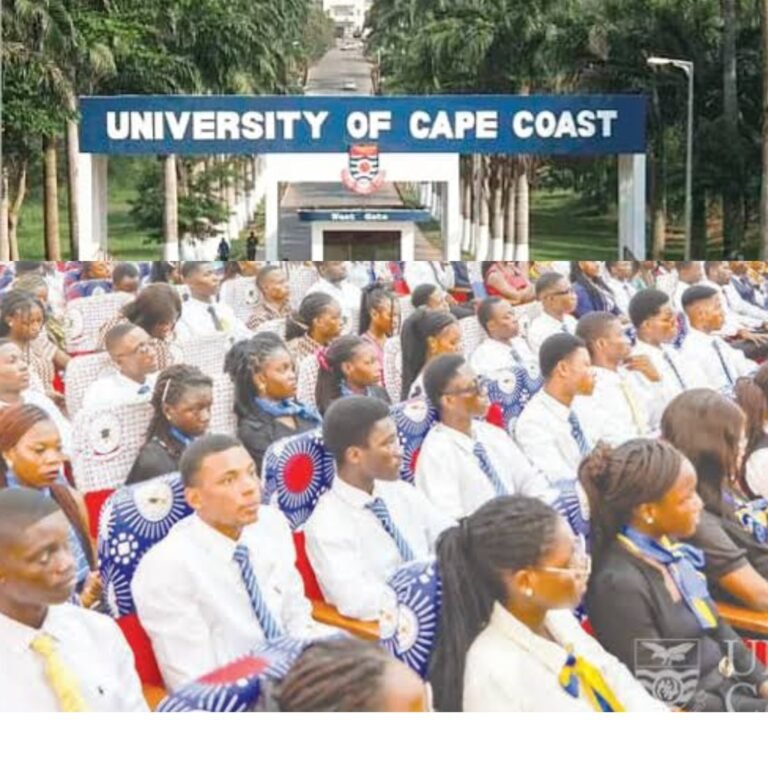
All over the world and throughout civilisations, payment of taxes by citizens is the conventional way to fund social development.
Whether it has to do with the days when war was normal in protecting boundaries or winning territories for economic gains, or periods of modern civilisations when governments lead in providing amenities or building war-chests, the age-old, abiding norm and practice is through taxation.
For those who love and struggle to find greener pastures in foreign lands in Europe and Asia or the Nordic countries and Middle East, they need to understand that such developed societies were built by the sweat of ordinary citizens, working hard to generate national wealth or paying direct taxes to support national development initiatives.
Global partnerships
In modern times, however, development has assumed global dimensions, with the privileged or developed nations supporting the underdeveloped ones in modest ways.
Some development partners and agencies support, mainly, micro projects at grassroots and community or business and technical levels, while others cater for serious economic, social and infrastructural programmes at state level.
In the case of the former, support is largely by way of grants and at state level, a mix of loans and grants that churn out agreeable objectives.
Good governance
It is instructive to bring to the fore that political independence also means that we should be responsible enough to manage our own affairs, and create the kind of society and development paradigms that will suit our aspirations as a people with a unique destiny.
That is the essence of governance and the reason why we entrust mandate to political parties to lead us and deliver services that improve lives and livelihoods.
But that is also why governments come and go based on how they perform in managing our resources.
A credible government will obviously elicit enough trust from the people in accessing lands, for instance, for 1D1F initiatives in their backyard, while an incompetent government will scarcely have the courage to engage the people in forging such partnerships that benefit ordinary people in constituencies and communities.
2016 and 2020 verdict
In 2016, the good people of Ghana, angered by the level of corruption and gnawing incompetence, decided to remove the John Mahama administration from office and entrust their mandate to the government led by Nana Addo Dankwa Akufo-Addo.
After a sterling performance in which the energy, cocoa and several other sectors grew substantially, by international assessment, the good people of Ghana returned the New Patriotic Party to power in 2020.
So that citizens do not crush under the sheer weight of taxes that were not delivering development, government decided to expand the economy and allow the fruits of that expansion to show positively.
That would prove to citizens that, if the Nana Akufo-Addo government can generate resources virtually out of nothing, and redeem and grow the moribund ‘Mahama economy’, it can also out of a more resilient economy manage any other sources of extra resources which taxation can afford the state to expand infrastructure and any other initiatives that improve lives and livelihoods.
Digitisation
Ghana’s economy has been largely informal – up to nearly 80 per cent. Even so, we are told that most of the professionals in the formal sector and others in private practice are not being covered in paying the quantum of taxes that they should lawfully be paying.
That is why digitisation is not only targeted at the poor construction worker or hawker on the streets of Kejetia and Makola, but also every Ghanaian who is a worker and who benefits, together with his kids and relatives, from all the social initiatives like the Free SHS programme and NHIS.
When the President urges the citizenry to commit to paying taxes regularly, he is only asking us to carry out a patriotic duty imposed on us.
We therefore urge all Ghanaians, high and low, to acknowledge the effort being made by the President and his government, and respond positively in partnering them to sustain the ambitious initiatives they are undertaking on our behalf.







